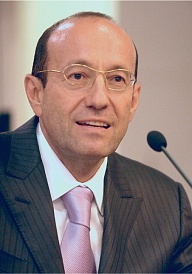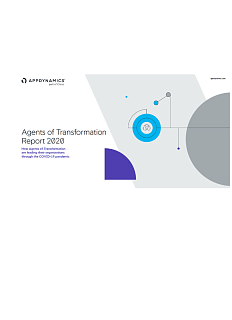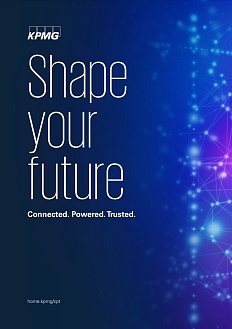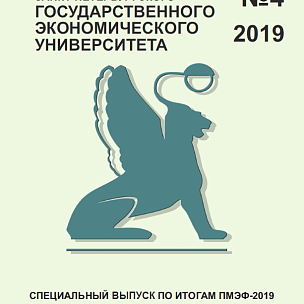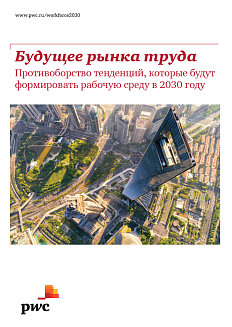Dr Machkevitch, what are your expectations for SPIEF 2019?
ERG has very high expectations for SPIEF, an event that has consistently put forward an exciting and extensive programme and facilitates our own agenda for meetings with partners. Eurasian Resources Group regularly and actively participates in leading economic forums, including the World Economic Forum in Davos, the Boao Forum for Asia and the Astana Economic Forum. Every year in Saint Petersburg the Group uses the summit as an opportunity to liaise with partners and negotiate new agreements. Russia is strategically important for our business as it accounts for 20% to 30% of ERGs product sales, which is a very significant amount. We enjoy a long-standing, productive cooperation with the countrys leading banking institutions. This year, we celebrate 25 years to the Groups business in Kazakhstan and 5 years since the incorporation of ERGs main office in Luxembourg. We are pleased to be part of a business delegation representing Kazakhstan at SPIEF and to be able to present our extensive international expertise at the Forum, drawing on our strong business experience across Europe, Africa and Brazil, our commitment to Eurasian integration and the New Silk Road.

Student Entrepreneurship Ecosystem: participants from Aktobe-based universities
ERG is undergoing a transition to Industry 4.0. What do you expect from this move?The Fourth Industrial Revolution has a tremendous impact on the manufacturing industry. In this context, the metals and mining sector is a bright example. Digital technologies accelerate economic processes, while artificial intelligence (AI) makes it possible to analyse thousands of potential scenarios. Companies that hold Big Data gain a competitive edge on their peers. For that reason, we closely monitor Industry 4.0 trends and are implementing a number of digital initiatives. We are confident that they will provide a strong impetus to enhance the Groups business and support the development of our regions of operation.
Are there any examples of this effect?
ERGs Smart Mine is a very good example. Launched at the Kacharsky open-pit mine at JSC SSGPO, in our iron ore division, the Smart Mine involves the use of special equipment across its mining and transport activities. This enables the collection and analysis of performance data in real time. We have already improved the productivity of mining equipment by more than 10% and plan to roll out the technology across all of ERGs mining sites. Another example is the development of a Manufacturing Execution System, or MES, an integrated system for production process management based on the use of Big Data and machine learning.
What risks are associated with the transition to Industry 4.0?
Naturally, the transition to Industry 4.0 poses a challenge for many companies. First and foremost, the digitisation of production processes may result in redundancies, unless employees receive systematic retraining in advance. In addition, the introduction of new technology is an iterative and risky process and it is important that adequate preparations are made. Finally, large-scale business transformation also implies a cultural one which is focused on people, our main asset.
Speaking about people, what is the Ecosystem for the Population of the Republic of Kazakhstan?
This is our new and exciting project. We have been working on it for a substantial time, in particular, during a visit of our senior executives to Silicon Valley. The project involves the development of relevant digital tools to drive the development of small and medium-sized businesses and new business models and contribute to job creation.
We are also working to build an Industrial Data Laboratory that will make production data available to the participants of the Astana Hub, an IT startup centre. We believe that access to real-life production data is very important for the testing of digital products and, to that end, we create development opportunities for an entire cluster of startups in the mining and metals industry, which will also contribute to the countrys vibrant export sector.
In March 2017, ERG also launched a Student Entrepreneurship Ecosystem that aims to promote education and improve the business climate in our regions of operations in Kazakhstan. Last year, more than 5,000 university students took part in the project, and in total we expect to see 50,000 participants. Together with our partners, Almaty Management University and the Tel Aviv University Friends Association in Kazakhstan, we hold business case competitions and egage leading entrepreneurs to host training sessions and workshops.
We will teach students entrepreneurial skills with a view to promoting the development of agriculture, social and tech-focussed entrepreneurship as well as medical innovations, domestic tourism, the Internet of Things and EdTech. We believe that in a few years the ecosystem will have a positive and multiplied effect on the entrepreneurial climate in Kazakhstan.
The development of local communities is also a key priority for ERG. For instance, in Kazakhstan, over 450,000 people are connected to our regions of operations including in Aksu, Rudny, Khromtau and Ekibastuz. These are our native towns.
The Global Battery Alliance initiative was recognized as a Top 10 achievement of the World Economic Forums meeting in Davos. How will this project contribute to the goal of building a better world set in the Manifesto of the Alliance?
The advancement of responsible and ethical standards across the mining and metals industry is our primary focus. Together with our partners, ERG embraces its responsibility for developing new standards for the sector.
Eurasian Resources Group is a prominent producer of cobalt, a material that is used for the production of lithium-ion batteries for booming sectors of the economy including electric vehicles and gadgets. At the same time, in the Democratic Republic of the Congo, which is home to our operations, the use of child labour is quite widespread in artisanal communities. This is a 19th-century practice and one that we find absolutely unacceptable. ERG is committed to helping eradicate child labour from the industry. To this end, we have initiated the development of the Global Battery Alliance under the auspices of the World Economic Forum. The Alliance comprises more than 50 major businesses from various sectors of the economy, international organizations and NGOs.
What is your vision of ERG in the future?
The company is demonstrating growth in many areas and, in particular, we see a lot of potential in the supply of ferrochrome, cobalt and copper, and aluminium. These metals are the materials of the future, which experience accelerating demand in a consumption-driven economy. In this context, ERG has interesting development projects, along with an ambitious investment programme, across all key regions of its operations including Kazakhstan, Africa and Brazil. At the same time, we take a very prudent approach to considering joint initiatives with our partners.
Highly professional, skilled, and motivated personnel is an important driver of sustainable development. In this vein, we have created our own ERG Academy and hold an Innovators Forum on an annual basis.
ERG spends almost 3% of its revenues on Corporate Social Responsibility, which is three to four times more than the industry average. In Kazakhstan, through investing in our regions of operation, providing affordable housing for our employees and encouraging cultural projects and entrepreneurship, ERG helps support the development of the country. As Kazakhstan is our homeland, we fully embrace that level of responsibility. For us its just as natural as looking after our parents.

New technologies implemented at ERGs Smart Mine in Kazakhstan
 Children go to one of the schools supported by ERG in the DRC
Children go to one of the schools supported by ERG in the DRC


